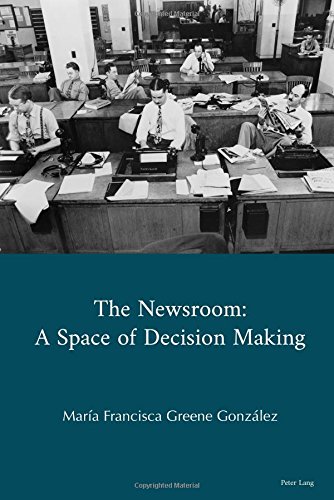

Most ebook files are in PDF format, so you can easily read them using various software such as Foxit Reader or directly on the Google Chrome browser.
Some ebook files are released by publishers in other formats such as .awz, .mobi, .epub, .fb2, etc. You may need to install specific software to read these formats on mobile/PC, such as Calibre.
Please read the tutorial at this link: https://ebookbell.com/faq
We offer FREE conversion to the popular formats you request; however, this may take some time. Therefore, right after payment, please email us, and we will try to provide the service as quickly as possible.
For some exceptional file formats or broken links (if any), please refrain from opening any disputes. Instead, email us first, and we will try to assist within a maximum of 6 hours.
EbookBell Team

0.0
0 reviewsJournalists are in the daily business of making the unseen visible, of connecting us to the world beyond our direct experience. In doing this, objectivity becomes a pivotal issue, and a highly debated topic both in academia and everyday life. The first systematic approach to the issue of objectivity was initiated by the discipline of «mass media sociology»: this approach, which was at its peak between 1970 and 1980 in the United States, proposed a completely scientific, «mathematical» solution to the problem of objectivity.
This book is an overview of academic work on journalistic objectivity between the 1970s and 1980s by American mass media sociologists such as Herbert Gans, Gaye Tuchman, Mark Fishman, Todd Gitlin, Edward Epstein, Harvey Molotoch, Marilyn Lester and Michael Schudson, observing and comparing their positions on journalistic routines and their influence on the news.
The ideal of objectivity is discussed from the points of view of the traditional and sociological schools, and weighed against the constant tension between a journalist's search for truth and their perception of it, as well as the constraints posed by the organization for which he or she works.